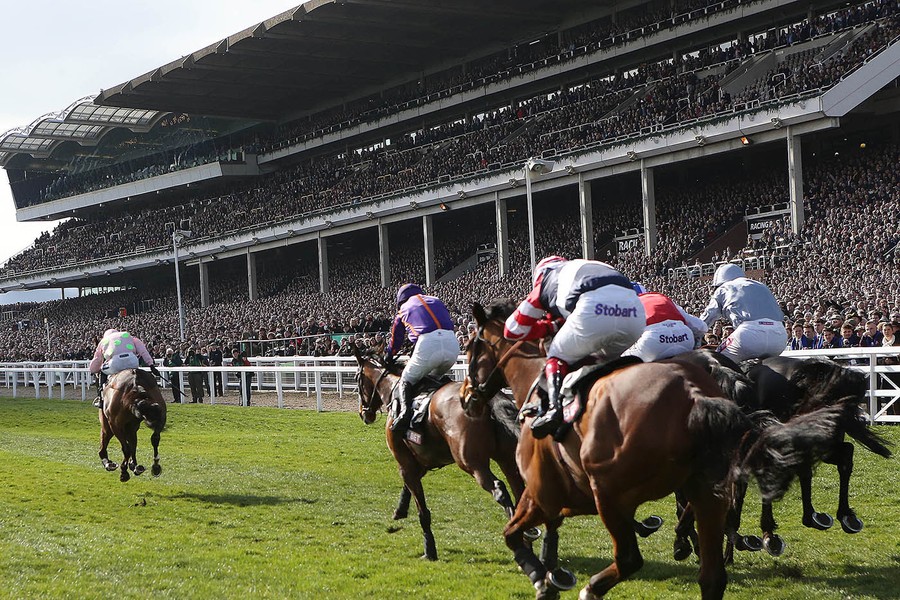This week marks the highlight of the year for national hunt horse racing. The Grand National might be most people’s one bet of the year, but the Cheltenham Festival is where it is at for jump racing fans. For some betting on horses is akin to investing and certainly some politicians and commentators with an axe to grind regularly claim that the two are similar but as an investment manager I beg to differ.
There are undoubtedly some anecdotal similarities; to be successful at both punting and investing requires thorough research. One also needs to be able to withstand the numerous biases that we naturally have. It is easy to bet on a horse because you have won on it before, or hold on to a stock because it has performed well in the past, and ignore the fact in both cases that the story has changed.
The need for thorough research and awareness of biases is encapsulated in how to deal with a tip. These can come from a friend, a neighbour or a national newspaper. It is easy to follow these blindly, but even if not, the tip appears to be a form of anchoring, a bias identified by Nobel prize winners Tversky and Kahnemann, whereby we are affected in our decision making process by receiving some form of initial suggestion or estimate. Therefore, once you have received a tip it is difficult to judge other horses in the race, or stock in that sector, objectively.
Another similarity is the concept of value. I may think a horse will win a race but not back it because the odds are too short. If it does win my returns are meagre and not all short-priced favourites win, so the risk-reward balance is skewed. The same thing applies to stocks. You may like a company’s business but if the market shares your opinion the share price is likely to be highly valued. This means the company needs to meet high expectations to keep the share price moving higher, and any slight disappointment may lead to sharp falls.
This leads on to the most frustrating aspect of horse racing, investing and even life - luck. This week there will be horses whose chances are scuppered by overnight rain, we will see horses fall at the final fence, and there will be horses that underperform for no obvious reason. In the stock market the same difficulties apply. Elections, oil spills, even midnight tweets from the White House can all have an unpredictable effect on share prices.
There is a crucial difference, however. Horse races happen in isolation. The winner of the Champion Hurdle will have no impact on who wins the Gold Cup. Investment managers construct portfolios by combining equities with other asset classes, across sectors and geographies. By doing this, and by taking a long term view, we aim to improve the risk adjusted return the portfolio can achieve through the business cycle.
So, really the construction of a successful investment portfolio and picking the winner of a horse race are as different as they first appear. Which, judging by my success rate at Cheltenham, is no bad thing.
